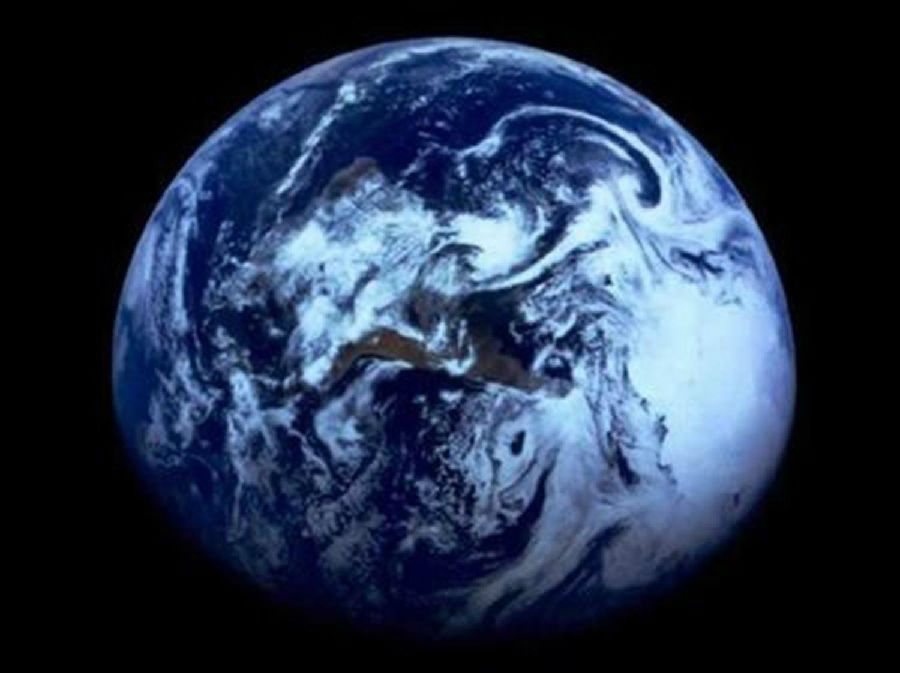(单词翻译:单击)
Delicacy was the key word. Not a whisper of disturbance could be allowed into the room containing the apparatus, so Cavendish took up a position in an adjoining room and made his observations with a telescope aimed through a peephole. The work was incredibly exacting and involved seventeen delicate, interconnected measurements, which together took nearly a year to complete. When at last he had finished his calculations, Cavendish announced that the Earth weighed a little over six billion trillion metric tons, to use the modern measure. (A metric ton is 1,000 kilograms or 2,205 pounds.)
精密是个关键词。设备所在的屋子里,容不得半点儿干扰。因此,卡文迪许就待在旁边的一间屋里,用望远镜瞄准一个窥孔来进行观察。这项工作是极其费劲的,要做17次精密而又互不关联的测量,他总共花了将近一年时间才完成。卡文迪许终于计算完毕,宣布地球的重量略略超过6 000 000 000 000 000 000 000吨(1吨约等于2205磅)。

Today, scientists have at their disposal machines so precise they can detect the weight of a single bacterium and so sensitive that readings can be disturbed by someone yawning seventy-five feet away, but they have not significantly improved on Cavendish's measurements of 1797. The current best estimate for Earth's weight is 5.9725 billion trillion metric tons, a difference of only about 1 percent from Cavendish's finding. Interestingly, all of this merely confirmed estimates made by Newton 110 years before Cavendish without any experimental evidence at all.
今天科学家手里的仪器,其精确度之高,可以测定一个细菌的重量;其灵敏度之高,有人在25米以外打个呵欠都会干扰读数。但是,他们对卡文迪许1797年的测量结果没有重大改动。目前对地球重量的最准确估计数是59725亿亿吨,与卡文迪许的结果只相差1%左右。有意思的是,这一切都只是证实了在卡文迪许110年之前牛顿的估计,而且没有迹象表明牛顿做过任何试验。
So, by the late eighteenth century scientists knew very precisely the shape and dimensions of the Earth and its distance from the Sun and planets; and now Cavendish, without even leaving home, had given them its weight. So you might think that determining the age of the Earth would be relatively straightforward. After all, the necessary materials were literally at their feet. But no. Human beings would split the atom and invent television, nylon, and instant coffee before they could figure out the age of their own planet.
无论如何,到18世纪末,科学家们已经知道地球的确切形状和大小,以及地球到太阳和各个行星的距离。连足不出户的卡文迪许都已算出了它们的重量。于是,你或许会认为,确定地球的年龄会是一件相对容易的事。毕竟,他们实际上已经掌握一切必要的资料。然而,实际情形并非如此。人类要等到能够分裂原子、发明电视、尼龙和速溶咖啡以后,才算得出我们自己这颗行星的年龄。
To understand why, we must travel north to Scotland and begin with a brilliant and genial man, of whom few have ever heard, who had just invented a new science called geology.
若要知道其中的原因,我们必须北上去一趟苏格兰,先去拜访一位杰出而又可亲的人。这个人很少有人听说过,他刚刚发明了一门新学科:地质学。


